On this page:
Research Centers
|
CURB focuses on innovative projects that combine research, education, commercialization, workforce development, and efforts to promote diversity and inclusion, all aimed at driving positive societal change.
|
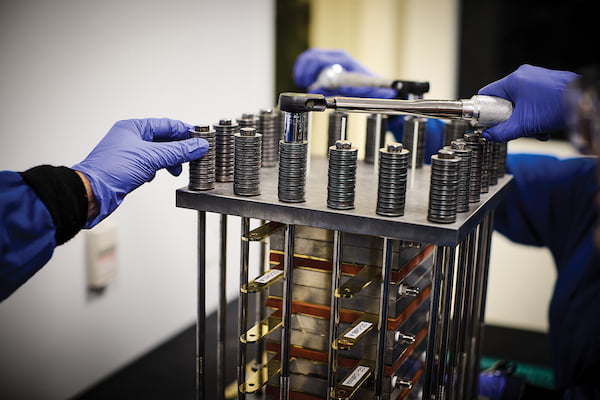 |
|
CASE is focused on the advancement of knowledge through aerosol science and technology in the areas of energy, environment, materials and health. |
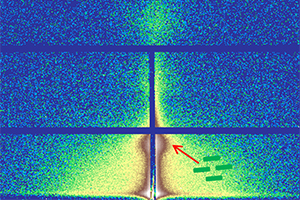 |
|
CEMB seeks to advance the study of mechanical forces in molecules, cells, and tissues in plants and animals. |
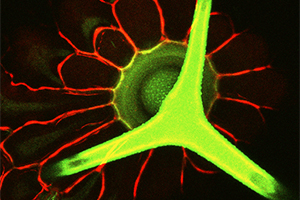 |
|
CWI supports collaborative research that enables sustainable water and wastewater management and addresses the nexuses of water-energy, water-environment, water-health and water-food. |
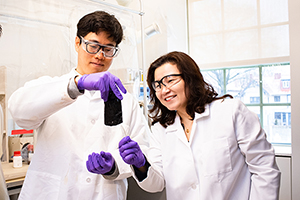 |
|
The CCCU’s goal is to foster the use of coal as a safe and affordable source of energy and as a chemical feedstock, with minimal impact on the environment. |
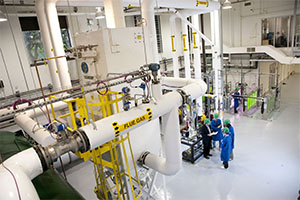 |
|
The GEOS-Chem community goal is to advance the understanding of human and natural influences on the environment through a comprehensive, state-of-the-science, readily accessible global model of atmospheric composition, named GEOS-Chem. |
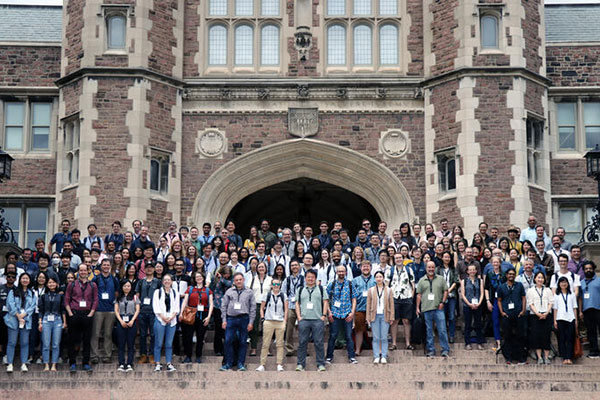
|
|
IMSE provides an interdisciplinary approach to provide the greatest opportunities for unprecedented discoveries and educates the next generation of materials scientists. |
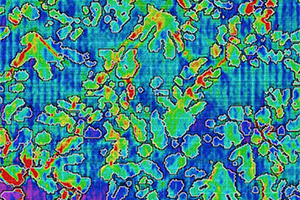 |
|
SMARC's goal is to combat plastic waste by creating a circular bioplastic economy that eliminates non-biodegradable plastics from polluting land and sea. To accomplish this, researchers are designing synthetic biological materials (SBMs) or bio-derived polymeric materials with highly tunable properties produced by microorganisms.
|
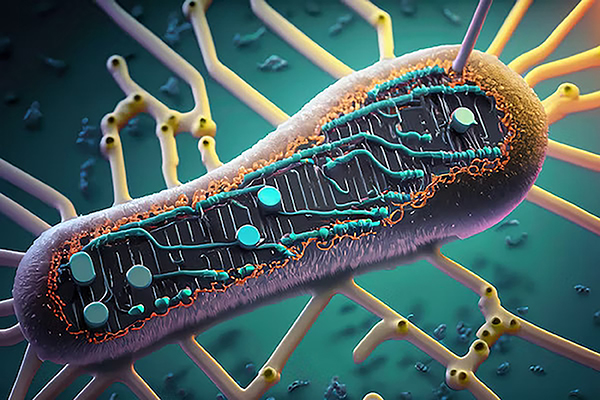 |
|
Ambient fine particulate matter (PM2.5) is the leading environmental risk factor for the global burden of disease. SPARTAN measures globally-distributed fine particulate concentrations to evaluate and enhance satellite remote sensing estimates of PM2.5. |
 |
Shared Facilities
The Department of Energy, Environmental & Chemical Engineering maintains a set of shared facilities as outlined below. The facilities range from routine chemical, physical and materials characterization facilities, to state-of-the-art nanomaterials synthesis facilities.
These facilities are available to researchers in the department and others at the university, local region and worldwide.
- Interdisciplinary collaboration and partnership with academia and industry
- Synthesis and characterization of materials using inbuilt instrumentation techniques
|
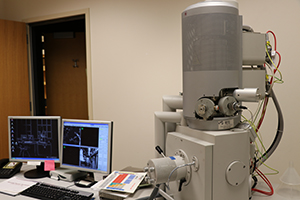 |
- Spectroscopic and temporal characterization of ultrafast photophysical processes
- Broad range of materials - natural light harvesting complexes and pigments, semiconductor films and nanoparticles, solar cells, and synthetic dyes
- Coordinator: Vijay Ramani
|
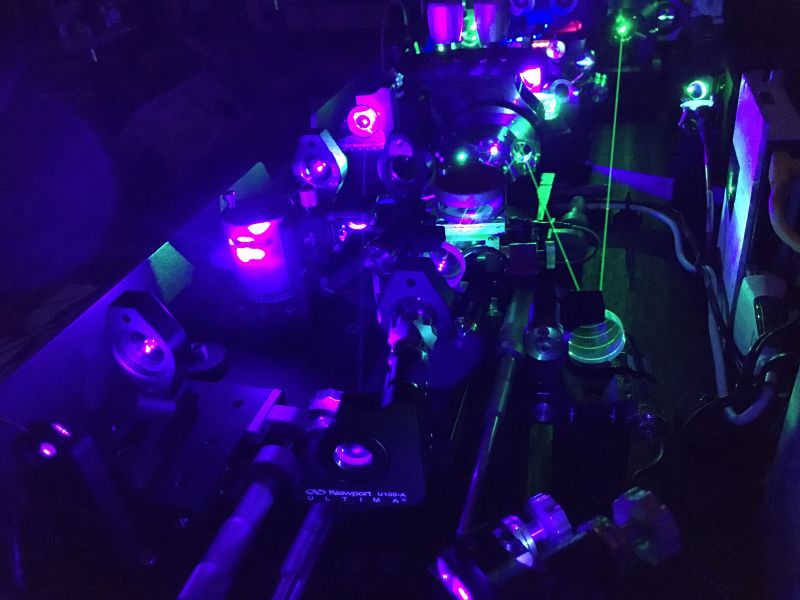 |
Solar Energy and Energy Storage
- Advance solar energy conversion technologies by promoting development of new materials, devices and system level scale-ups
- Electrochemical characterization
- Coordinator: Vijay Ramani











